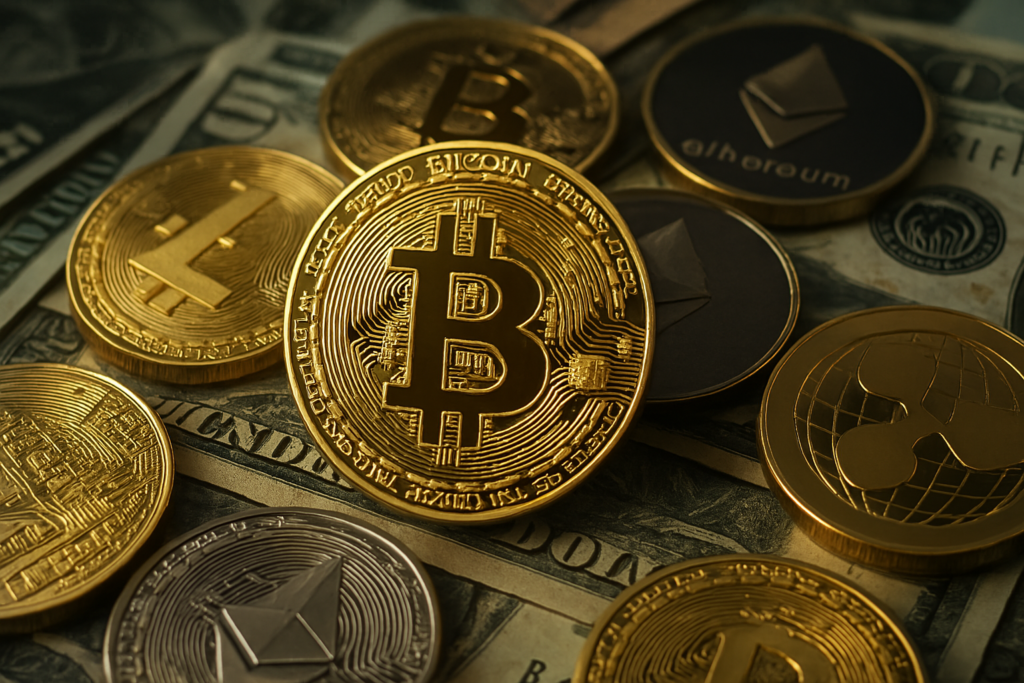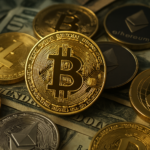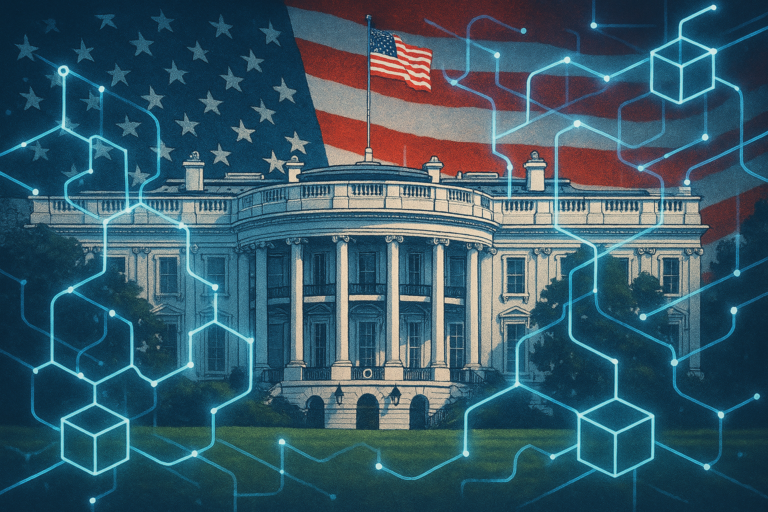
Bitcoin Explained: From Mysterious Origins to Global Obsession
Bitcoin: you can’t hold it in your hand, but you definitely can’t escape hearing about it. Whether it’s praised as “digital gold” or mocked as “magic internet money,” Bitcoin has sparked one of the biggest financial shake-ups in modern history. But what exactly is it, who created it, and why do so many people treat it like the future of money?
What Is Bitcoin?
Bitcoin is digital money — with a rebellious twist. Unlike dollars or euros, no government, bank, or company controls it. Instead, it runs on a decentralized network of computers around the globe. This peer-to-peer setup lets people send value to one another without needing a bank or third-party intermediary.
The real magic is the blockchain — a transparent, tamper-resistant ledger that records every Bitcoin transaction. It’s like a global spreadsheet that everyone can see and verify, but no one can fudge. Once a transaction is recorded, it’s locked in.
And despite the name, a Bitcoin isn’t a physical coin. It’s just code — but code that people are willing to trade for real-world goods, services, and sometimes Lamborghinis.
Who Invented It — and When?
Bitcoin’s origin story starts in 2008, during the depths of the global financial crisis. Enter Satoshi Nakamoto — a pseudonym for a person (or group) who published a whitepaper proposing a peer-to-peer electronic cash system: Bitcoin.
The actual network went live in January 2009, when Satoshi mined the first block of Bitcoin — the “genesis block.” Embedded in it was a subtle jab at the failing financial system: a reference to a newspaper headline about bank bailouts.
Satoshi hung around online for a couple of years, then disappeared. To this day, nobody knows who Satoshi is.
Why Bitcoin Matters
Bitcoin is the first major financial system that doesn’t rely on trust in a central authority. You don’t need to believe a bank won’t mess up or that a government won’t devalue your savings. Bitcoin works because the network itself enforces the rules — transparently, mathematically, and without prejudice.
That’s a big deal in a world where financial censorship, frozen accounts, and inflation can hit without warning.
There will only ever be 21 million bitcoins. Unlike fiat currencies, which governments can print at will, Bitcoin has a fixed supply. That’s why many investors see it as “digital gold” — a scarce asset that can hedge against inflation and currency devaluation.
Unlike gold, you don’t need a vault — just a digital wallet and a backup of your seed phrase that you didn’t leave taped to your desk.
Bitcoin introduced the world to blockchain technology, and from there, a thousand crypto projects bloomed — some genius, some outright scams, many somewhere in between. Even governments are now exploring digital currencies, and major companies hold Bitcoin on their balance sheets.
A global phenomenon
Bitcoin started as a response to a broken financial system and has grown into a global phenomenon. It’s been called a bubble, a breakthrough, a threat, and a savior — often all in the same week. But one thing’s clear: Bitcoin has changed the way we think about money.
You don’t have to love it. You don’t have to own it. But if you care about the future of finance, you do have to know about it.







